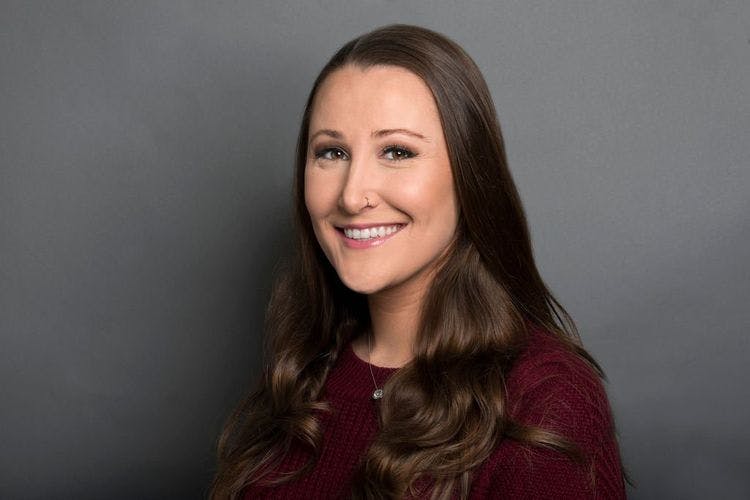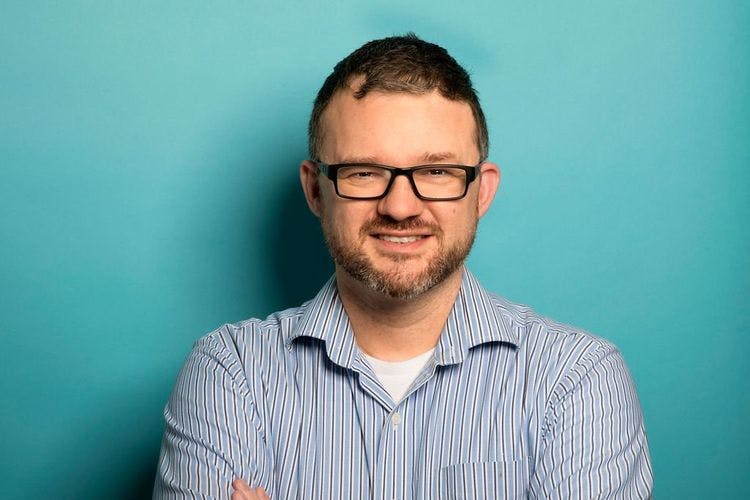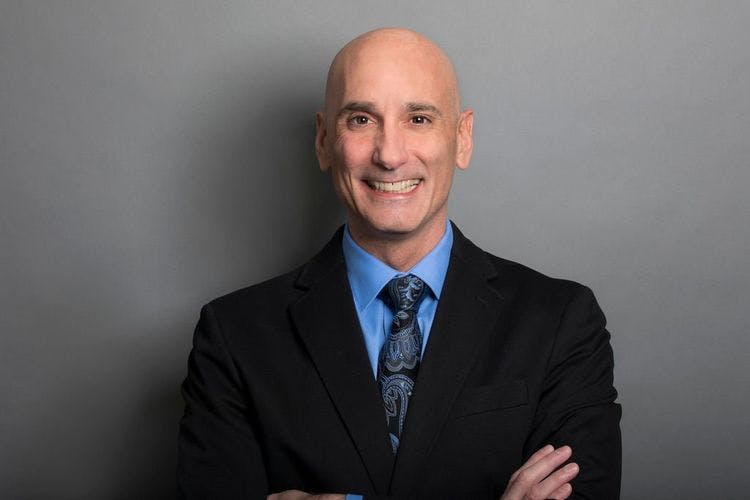PTSD or Post-traumatic Stress Disorder is a mental disorder that can develop in people who have experienced or witnessed extremely stressful events, including military combat, sexual assault, war crimes, natural disasters, car accidents, and terrorist attacks, among others.
Those with PTSD continue to re-experience the traumatic event in the form of nightmares, flashbacks, or rumination long after the event has ended, usually months or years. The persistent thoughts of the event can cause sadness, anger, and depression, as well as hypervigilance and anxiety.
Individuals experiencing PTSD symptoms often find themselves avoiding places, people, or situations that recall the traumatic event. They may react intensely to sensory triggers that resemble aspects of the trauma, such as loud noises, specific smells, or crowded spaces, which can provoke significant emotional and physical responses.
This heightened sensitivity is a common challenge for those managing PTSD, as everyday environments can unexpectedly evoke memories of the past trauma.
Additional PTSD symptoms may include survivor’s guilt, shame, isolation, feelings of emptiness, disconnection with others whom they believe don’t understand their distress, anger, mistrust of others, and difficulty expressing emotions. Those struggling with PTSD may also go through a cyclical process of reexperiencing, avoiding, and numbing, which may include substance abuse.
The diagnosis of PTSD requires that a person be exposed to a traumatic event, although people struggling with posttraumatic stress can indirectly be exposed to extreme stressors – such as close family members who died violently and meet the criteria for PTSD.
According to the National Institute of Mental Health, nearly 8 million Americans 18 years and older suffer from PTSD symptoms; children can also suffer from PTSD.
People with PTSD are at a greater risk of co-occurring illnesses such as depression, substance abuse, or other anxiety disorders.
Post-Traumatic Stress Disorder (PTSD) was initially identified in combat veterans, historically termed "shell shock" or "battle fatigue." However, subsequent research has broadened our understanding of PTSD, revealing that it can affect individuals who have experienced a wide range of traumatic events beyond warfare.
Studies have also indicated that PTSD treatment may differ between veterans and civilians. Veterans, trained to confront dangerous situations, often exhibit a distinct form of hypervigilance compared to civilians who have encountered trauma in other contexts.
Consequently, PTSD treatment for veterans may specifically focus on societal reintegration and moderating the ingrained "fight" response. This tailored approach recognizes the unique challenges faced by veterans in adjusting to post-service life.
While there is uncertainty regarding what causes PTSD, there are several factors that can trigger PTSD symptoms. Those include:
One theory on the trigger of PTSD involves our “flight or fight” response system that triggers the “survival” mode. Flashbacks or ruminations about the traumatic event may trigger our survival mechanism and we begin to believe we need to relive or re-experience the event so we can better prepare for it in the future. However, reliving the experience doesn’t allow healing or processing of the event itself.
Recent research indicates that individuals suffering from PTSD may exhibit abnormal levels of stress hormones. These findings suggest a significant hormonal imbalance that could impact the body's ability to manage stress effectively.
Those who were sexually abused or experienced other severe childhood trauma may be at a greater risk of post-traumatic stress disorder should they experience another traumatic event in the future.
These factors may increase your risk of developing PTSD:
According to the Diagnostic and Statistical Manual of Mental Disorders (DSM), a reference manual used by healthcare professionals as the authoritative guide to the diagnosis of mental disorders – the criteria for a PTSD diagnosis are listed below, although a formal diagnosis must come from a licensed and experienced clinician.
For an individual — an adult, adolescent, or child older than 6 — to be diagnosed with PTSD they must meet each of the criteria.
Have had exposure to actual or threatened death, serious injury, or sexual assault either through directly experiencing the event, witnessing the event, learning that the traumatic event occurred to a loved one, or experiencing repeated exposure to traumatic event vicariously through others (i.e., first responders or DCS workers exposure to child neglect or abuse).
Presence of one or more of the following intrusive symptoms:
One or more of the following avoidance of trauma-related stimuli:
At least two of the following negative thoughts or emotions that began and worsened after the trauma as evidenced by the following:
Two of the following hyperarousal and negative reactivity connected to the trauma:
A diagnosis of post-traumatic stress disorder (PTSD) requires an evaluation by a licensed clinician such as a psychiatrist or psychologist who specializes in bipolar disorders or trauma related disorders. At Clarity Clinic, we understand that the assessment process for PTSD can be emotionally challenging.
We are committed to providing a compassionate and safe environment, ensuring that individuals feel supported as they discuss their traumatic experiences. Our specialized team is sensitive to the symptoms and complexities associated with PTSD, and we prioritize your comfort and well-being throughout the diagnostic process.
Additionally, our psychiatrist and therapists will assess for co-occurring disorders, such as substance abuse, anger issues, or suicidal ideation, which may need to be treated before developing a PTSD treatment plan.
Both medication and psychotherapy in conjunction are effective in helping reduce PTSD symptoms. At Clarity Clinic our experienced clinicians guide clients toward the proper treatments, including pharmacological and non-pharmacological interventions.
Our psychiatrists ensure a proper diagnosis and take care of specialized medication management for clients treating depressive disorders through pharmacological treatment.
In some cases, medication can play a vital role in managing PTSD symptoms. Our trauma psychiatrists work closely with you to determine whether medication is an appropriate part of your treatment plan. If prescribed, we carefully monitor your progress and adjust medication as needed to ensure optimal results.
Our team of trauma therapists is trained in a range of evidence-based therapies that have shown remarkable efficacy in treating PTSD. These therapies may include:
At our mental health clinic, we believe in the importance of addressing the mind-body connection. Our holistic therapies, such as yoga, mindfulness, and art therapy, provide avenues for self-expression, relaxation, and healing. These therapies can complement traditional approaches and contribute to a comprehensive healing experience.
At Clarity Clinic, we are dedicated to providing the most effective PTSD treatment (post-traumatic stress disorder). Our experienced team of mental health professionals uses a blend of evidence-based therapies tailored to meet the unique needs of each individual.
Whether through trauma-focused cognitive behavioral therapy, EMDR, PTSD medication management, or supportive counseling, we aim to facilitate healing and resilience.
Discover a path to recovery in a supportive and understanding environment in any of our mental health clinic locations throughout Chicago in the Loop, River North, Arlington Heights, Lakeview Belmont, Lakeview Broadway, Evanston, and Mokena.
Book a consultation and begin your journey toward reclaiming peace and stability in your life. Reach out today to learn more about our specialized PTSD treatments in Chicago and how we can help you or your loved one move forward.
If you are looking for a more intensive form of therapy as part of your PTSD treatment plan, consider speaking to your healthcare provider about Clarity Clinic’s PHP/IOP program. Head to our PHP/IOP therapy curriculum page to view a thorough breakdown of our partial hospitalization program and intensive outpatient program details. We proudly provide the best IOP and PHP programs near you!




































































































































Our Services
Virtual/Online CarePHP and IOPAdult PsychiatryChild & Adolescent PsychiatryAdult TherapyChild & Adolescent TherapyCouples CounselingFamily TherapyGroup TherapyPsychological TestingTranscranial Magnetic Stimulation (TMS)Resources
Refer a PatientCareersClinical Training OpportunitiesOur ProvidersFree Mental Health TestsCommonly Prescribed MedicationsLocationsBlogIn The NewsClarity Through CharityClarity for AllQuick Links
Patient PortalFAQsAccepted InsurancesContact us